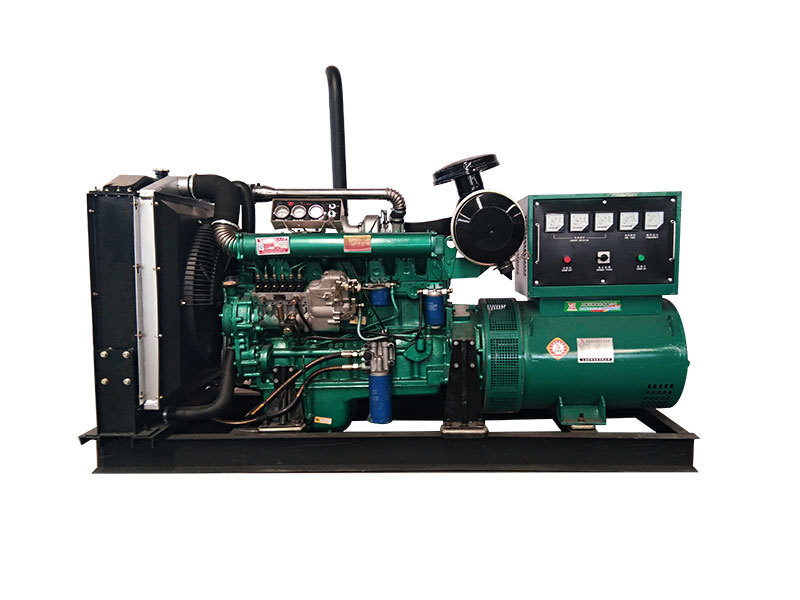Assessing Your Power Requirements
Before diving into generator specifications, the first step is to determine your actual power needs. List all the appliances and devices you need to power during an outage. Note their wattage requirements, which are usually found on a label near the power cord. Add up the wattage of essential items like refrigerators, lights, sump pumps, and medical equipment. This will give you a baseline for the minimum generator capacity you require. Consider future power needs as well. Will you be adding more appliances down the line?Types of Generators: Finding the Right Fit
Understanding the different types of generators available is key to making an informed decision. Portable generators are ideal for camping, tailgating, and small-scale backup power. Standby generators, also known as whole-house generators, are permanently installed and automatically kick in during a power outage. Inverter generators offer cleaner power, making them suitable for sensitive electronics, and are often more fuel-efficient. How do you choose the right generator set for your needs considering these options? It depends on your specific requirements and budget.Fuel Options: Gasoline, Propane, or Diesel?
Generators run on various fuels, each with its pros and cons. Gasoline is readily available but has a shorter shelf life. Propane burns cleaner and stores longer, while diesel offers excellent fuel efficiency and durability for heavy-duty applications. Consider the availability and cost of fuel in your area when making your choice. What fuel type best suits your lifestyle and budget?Understanding Generator Wattage and Run Time
Generator wattage is measured in watts and determines the amount of power it can produce. Running watts refer to the continuous power output, while starting watts, also known as surge watts, refer to the temporary power boost needed to start appliances with electric motors. Make sure the generator’s running watts exceed your calculated power requirements. Run time refers to how long a generator can operate on a full tank of fuel. This is a critical consideration for extended outages.Features and Safety Considerations
Modern generators come with various features that enhance convenience and safety. Automatic start functionality is a valuable feature for standby generators, ensuring seamless power restoration during outages. Look for safety features like overload protection, low-oil shutoff, and carbon monoxide detectors. Consider noise levels as well, especially if you live in a noise-sensitive area. Choosing the right generator set for your needs involves considering these practical aspects.Budget and Long-Term Costs
Generators come in a wide price range. While it's tempting to choose the cheapest option, consider the long-term costs of ownership, including fuel, maintenance, and potential repairs. Investing in a higher-quality generator can often save you money in the long run.Portable Generator vs. Standby Generator: Which is Right for You?
Choosing between a portable generator and a standby generator depends on your specific needs. For occasional use and portability, a portable generator is a good choice. If you need automatic backup power for your entire home during extended outages, a standby generator is the better option. How to choose the right generator set for your needs boils down to this crucial decision.Seeking Professional Advice
If you're unsure which generator is right for you, consulting a qualified electrician or generator specialist is always recommended. They can assess your power needs, recommend suitable models, and ensure proper installation for standby generators. Don't hesitate to seek expert advice for this important investment.Making the Final Decision: Choosing the Right Generator Set
By carefully considering your power requirements, understanding generator types, fuel options, and features, you can confidently choose the right generator set for your needs. Investing in a reliable generator provides peace of mind knowing you have a backup power source when you need it most.Now that you're equipped with this knowledge, take the time to research different generator models, compare prices, and read reviews. Don't wait for a power outage to realize you need a generator. Prepare yourself today.





